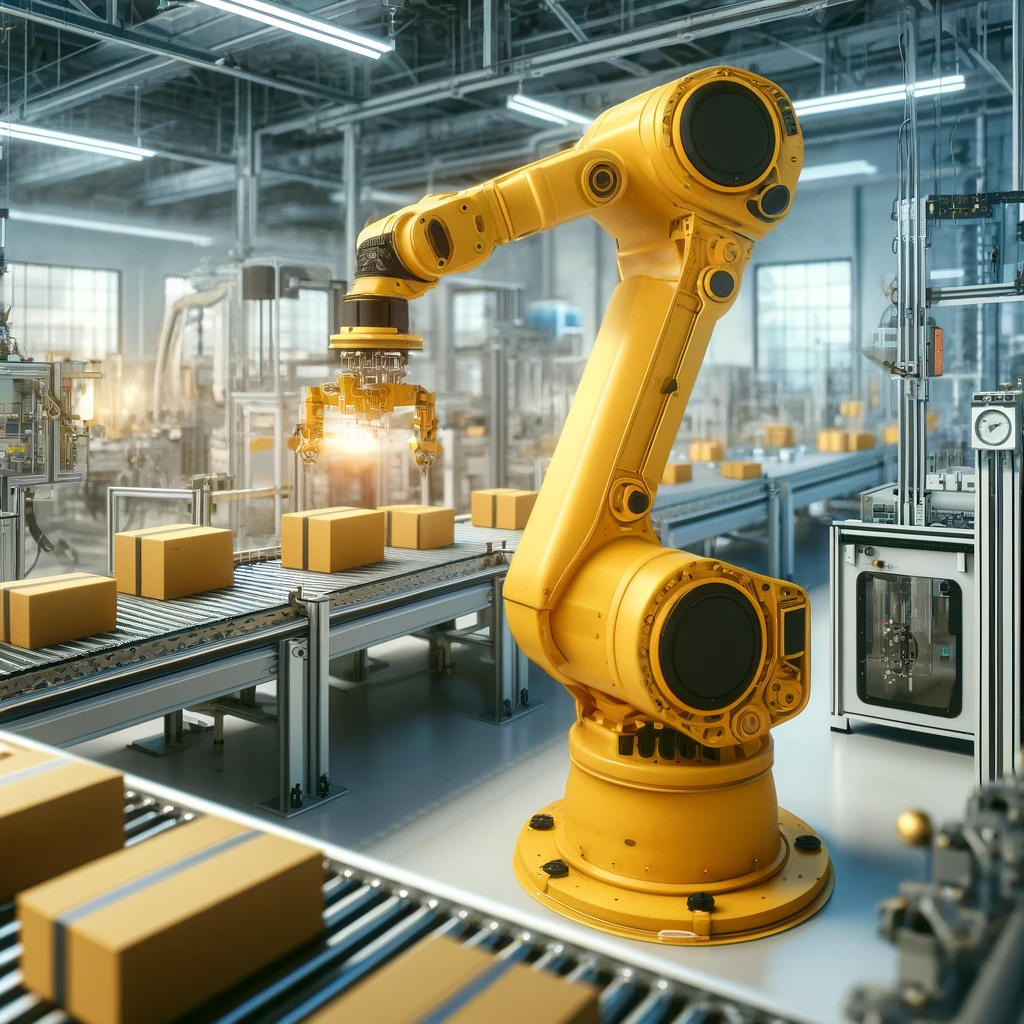As collaborative robots become increasingly prevalent in the packaging sector, we examine their impact on efficiency, ethics, and the future of the manufacturing workforce.
Human-Cobot Collaboration Reshapes Efficiency
The packaging industry is witnessing a significant shift with the introduction of collaborative robots, or cobots. These advanced machines are not just enhancing efficiency; they are redefining the synergy between human workers and robots. Cobots bring together the precision of automation with the critical thinking of humans, leading to a reimagined production landscape. This evolution prompts us to reflect on the broader implications for the workforce and the true measure of efficiency in an automated era.
Ethical Considerations in Automation
While cobots are celebrated for their productivity boosts, such as L’Oréal’s 5% increase in equipment efficiency, the focus on output often overshadows the ethical dimensions of automation. The deployment of cobots in physically demanding roles can improve workplace safety and job satisfaction, but it also raises questions about the value we place on human labor. As cobots become more affordable and scalable, enabling smaller businesses to compete, we must also consider the societal impacts, including potential job displacement and economic inequality.
Challenges of Cobotic Integration
Incorporating cobots into packaging operations is complex, involving specialized training and the selection of suitable models. This complexity points to a potential skills gap and the need for a workforce prepared for the realities of a cobot-rich manufacturing landscape. Emphasizing training and expert consultation is essential, but we must also be mindful of those who may be left behind as automation accelerates.
Cobots: Shaping the Future of Packaging
Looking forward, the integration of AI, machine learning, and IoT with cobots heralds a new phase of intelligent packaging lines and predictive maintenance. This future promises enhanced customization and complex task performance by cobots, but also necessitates a discussion on the consequences of increased machine autonomy. The role of cobots in packaging is not just about technological innovation; it’s a catalyst for a wider conversation on how automation shapes our societal values and goals. As we embrace this technological shift, our challenge is to ensure that the cobotic revolution aligns with our broader human aspirations.








